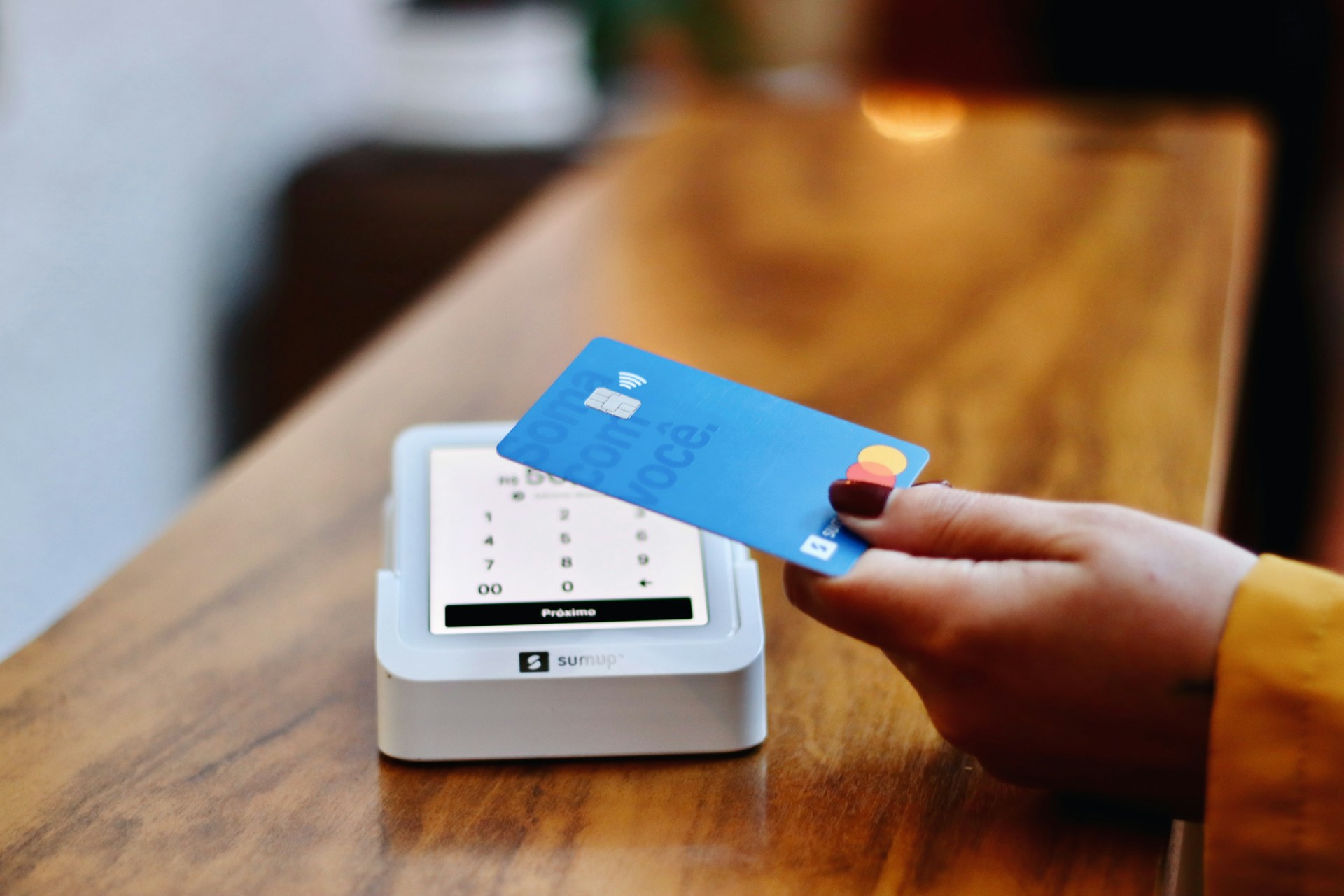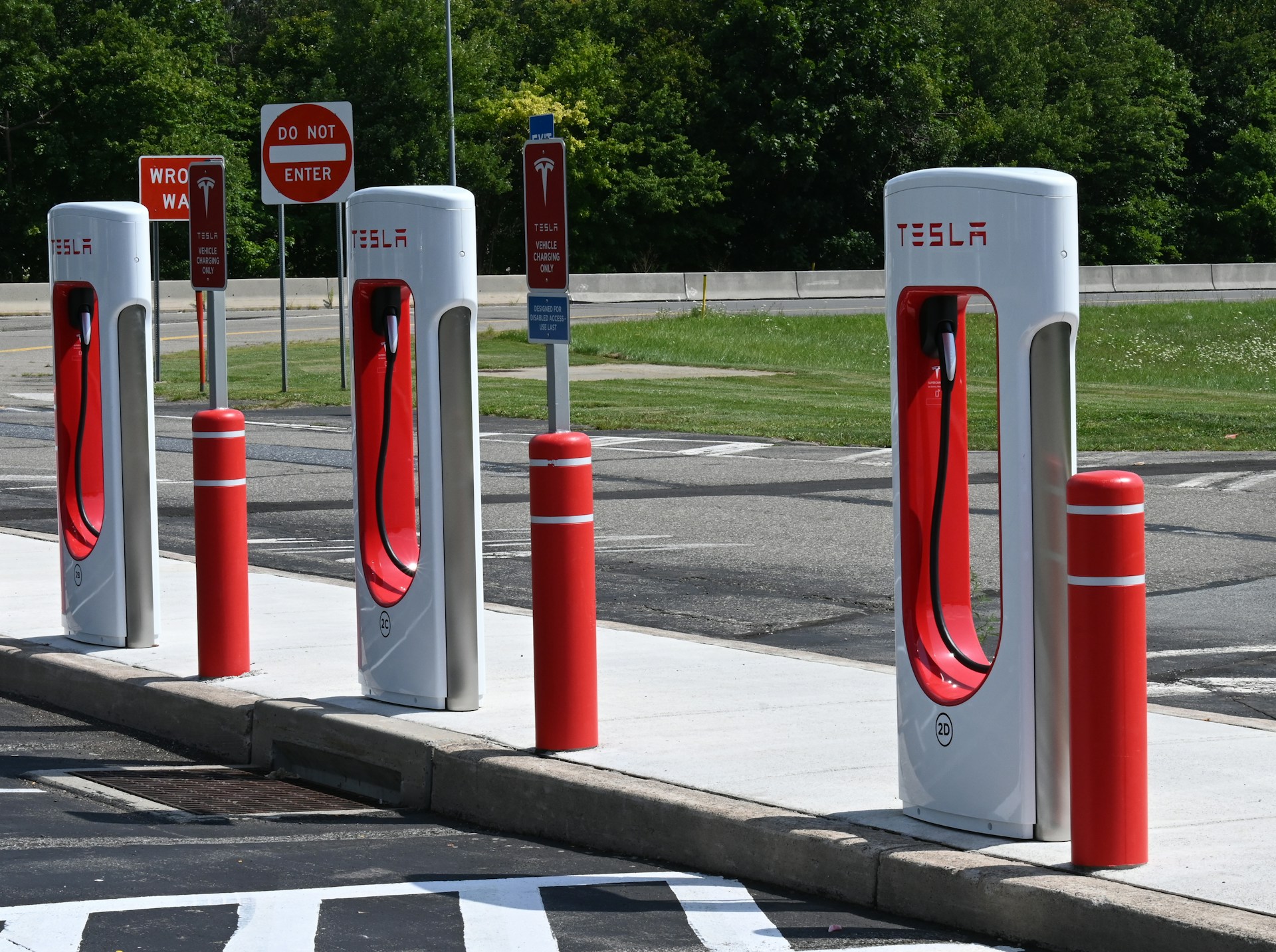The Invisible Number That Shapes the Deal You Drive Away With 144

You walk into the dealership with your dream car in sight — and then the paperwork hits. Monthly payments. Interest rates. Loan terms. And behind all of it, one number quietly shapes every detail: your **credit score**.
It doesn’t matter how much you make or how good you are with money. If your credit score isn’t in the right range, you’ll pay more. Sometimes, a *lot* more — for the same exact car. That’s the power (and pressure) of credit.
Your credit score doesn’t just affect whether you get approved. It defines the *kind of deal* you get — or don’t.
Why Lenders Care So Much About Your Score
Lenders don’t just look at your income or job. They want proof that you manage money well over time. That’s what a credit score tells them. It’s your financial “trust rating.”
📊 Scores typically range from **300 to 850**:
750+ – Excellent: lowest rates, best approval odds 700–749 – Good: solid rates, fast approvals 640–699 – Fair: higher interest, more scrutiny 580–639 – Poor: limited options, higher down payment Below 580 – Very Poor: often denied or hit with extreme ratesEven a 50-point difference can mean *thousands* over the life of your loan.
The Real Cost of a Low Score
Let’s say two people buy the same car — a $25,000 SUV. One has a credit score of 780. The other has a 620. Both take out a 60-month loan.
- 👤 **Good credit (780)**: 4.5% APR → ~$466/month → ~$2,960 in total interest
- 👤 **Fair credit (620)**: 11.9% APR → ~$556/month → ~$8,360 in total interest
Same car. Same dealership. Same loan length. But one pays over **$5,000 more**. All because of credit.
Low scores don’t mean you can’t buy. They mean you’ll *pay for the risk* — every single month.
How Your Score Impacts Loan Terms
Your credit score affects more than just your rate. It can also determine:
🛑 Approval odds – Many lenders have a cutoff below 600 💰 Required down payment – Lower scores = more upfront money 📝 Loan term length – Poor credit often means shorter loans 🔁 Refinancing opportunities – High scores make it easier to switch laterIt's not just about getting a “yes.” It’s about the quality of the “yes” you get.
How to Improve Your Credit Score (Before You Apply)
If you’re a few months away from buying a car, this is your window. Here's how to move your score in the right direction — fast.
- ✅ **Pay down credit cards** – Utilization below 30% = instant boost
- ✅ **Don’t miss payments** – Even one late payment hurts
- ✅ **Check your credit report** – Dispute errors at annualcreditreport.com
- ✅ **Avoid new hard inquiries** – Too many loan applications can drop your score
- ✅ **Keep old accounts open** – Credit age matters more than you think
Even improving from a 640 to 700 can unlock much better terms — and save you thousands.
What If Your Score Is Still Low?
You’ve got options — just approach them with strategy, not desperation.
💼 Use a credit union or local bank – They may offer more flexible approvals 👥 Consider a co-signer – Their high credit can secure a better rate 💸 Make a bigger down payment – Less borrowed = less risk 🔁 Refinance later – Improve your credit and trade in for better terms down the roadAnd above all, don’t let shame rush your decision. A bad loan now is a debt trap later. Wait, plan, and buy smart.
 That three-digit number behind your deal? It speaks louder than your words or even your income.
That three-digit number behind your deal? It speaks louder than your words or even your income.
Final Thought: Don’t Just Shop the Car — Shop the Credit Too
Buying a car isn’t just a test drive — it’s a financial agreement. And your credit score is the silent partner in the deal. Knowing how it works gives you leverage. Power. And peace of mind.
Because the right score can mean a better rate. And a better rate? That means *you keep more of your money*, where it belongs — with you.
Want to see how your current score would affect a car loan? Try our free calculator at mkpatu.com — and don’t walk into a dealership blind.
Was this post helpful?
Comments (0)
No comments yet. Be the first to comment!
Leave a Comment
Related Topics

How the ultra-wealthy navigate romance differently from ever...
8 quiet, unspoken rules that high-net-worth couples live by — and what they reve...

How to Turn These Projects Into Portfolio Gold
Building is only half the journey. Learn how to polish, present, and position yo...

If You Only Read One Article About Building Wealth, Make It...
Forget quick fixes. Discover the timeless principles that quietly create real, l...

Mkpatu: The New Social Platform Where Creators Shine
Discover the fresh look and powerful features of Mkpatu — a home for music, vide...
How to Buy from China and Sell on Instagram Daily
Turn Your Instagram Into a Sales Machine by Sourcing Smart, Posting Daily, and P...









